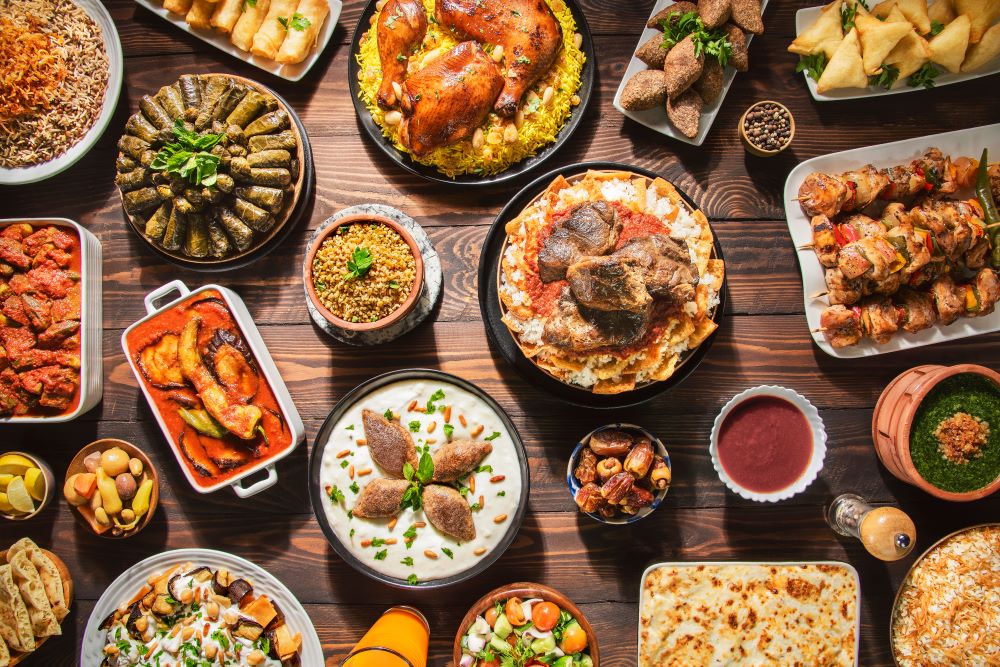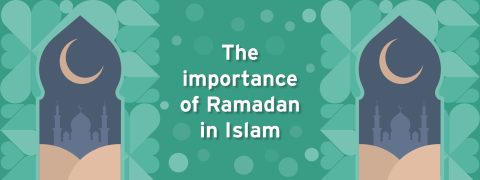The importance of Ramadan in Islam
This week marks the beginning of Ramadan where it is estimated around 1.6 billion Muslims worldwide will observe the holy month by fasting and praying. In this blog post, we will explore the history of Ramadan, the significance of fasting during Ramadan, the traditional foods eaten during the month, and some historical facts about Ramadan.
History of Ramadan
Ramadan is considered a holy month because it was during this month that the Quran, the holy book of Islam, was first revealed to the Prophet Muhammad (pbuh) in the 7th century CE. According to Islamic tradition, the revelation began during the last ten days of Ramadan, which is why these days are considered especially sacred.
Significance of fasting during Ramadan
One of the central practices of Ramadan is fasting, which involves abstaining from food, drink, and other physical needs from sunrise to sunset. Fasting during Ramadan is one of the Five Pillars of Islam, which are the fundamental obligations that Muslims are expected to observe. The other four pillars are the declaration of faith, prayer, charity, and the pilgrimage to Mecca.
Fasting during Ramadan has a number of spiritual and potential physical benefits. It is believed to help Muslims strengthen their faith, develop self-control, and practice empathy and compassion for those who are less fortunate.
In addition to fasting, Muslims also practice charity during Ramadan. They give donations in the form of food, money or other goods to those in need. This helps them to remember those who are less fortunate and appreciate what they have.

Traditional foods eaten during Ramadan
The pre-dawn meal that Muslims eat before the start of the fasting period is called suhoor, and the meal that they eat to break the fast at sunset is called iftar. The foods eaten during these meals vary depending on the region and culture, but some traditional dishes include:
Dates: Dates are often the first food that Muslims eat to break their fast, as they provide a quick source of energy and essential nutrients.
Soup: Many Muslims start their iftar meal with a warm and comforting soup such as lentil soup, chicken soup, or harira (a traditional soup from North Africa).
Meat dishes: Meat dishes such as grilled kebabs, biryani, and lamb stew are also popular during Ramadan, particularly in the Middle East and South Asia.
Sweets: Sweets such as baklava, kunafa, and qatayef are often enjoyed after the main meal, as a way to celebrate the end of the fast.
Historical facts about Ramadan
· The word “Ramadan” comes from the Arabic word “ramida,” which means scorching heat or dryness.
· Ramadan is celebrated by more than a billion Muslims around the world, making it one of the largest religious observances in the world.
· In some countries, such as Saudi Arabia and the United Arab Emirates, the workday is shortened during Ramadan to allow Muslims more time for prayer and reflection.
· The end of Ramadan is celebrated with a three-day festival called Eid al-Fitr, which is marked by feasting, gift-giving, and spending time with family and friends.
We at One Stop would like to say Ramadan Mubarak (have a blessed Ramadan) to all our customers and colleagues who are celebrating!
